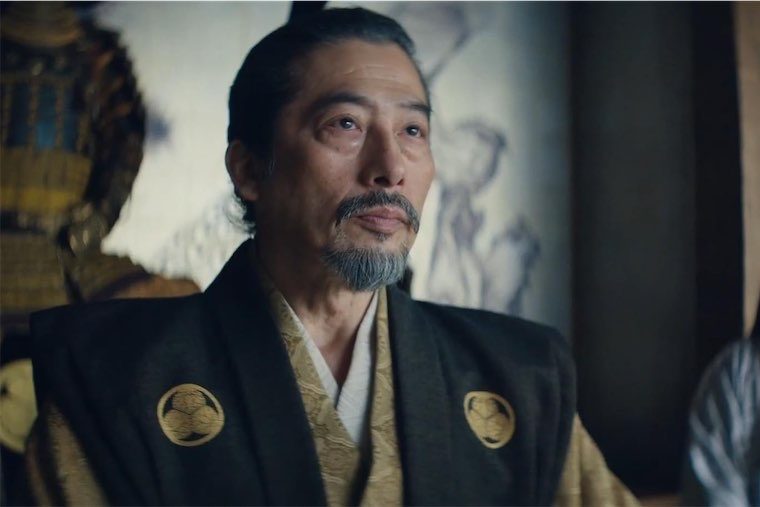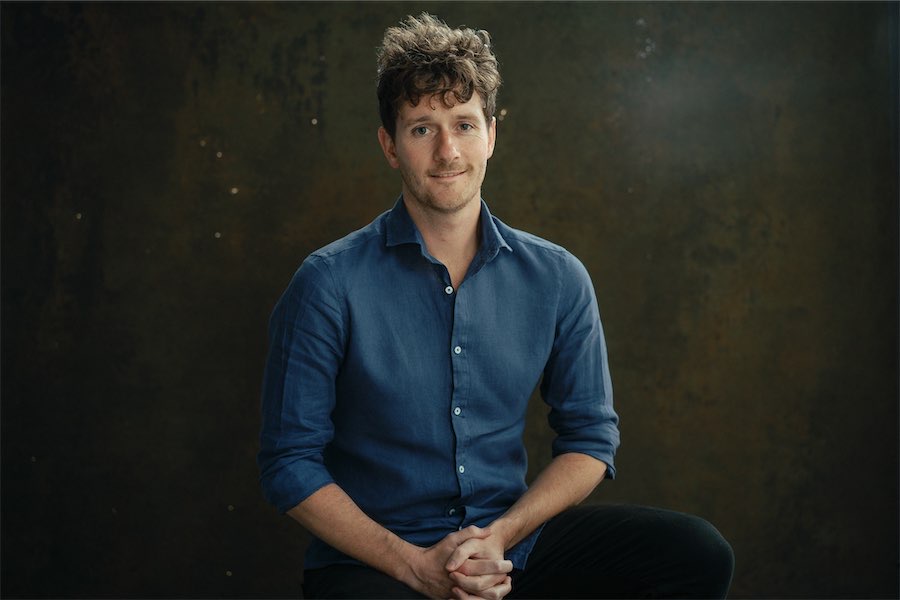NOTHING could be more predictable than ANU vice-chancellor Ian Young’s response late last week to the more than 700 submissions made to him over the decision to restructure the School of Music and the staff cuts from 24 positions to 13.
Even if written in a slightly more placatory code than the first plan unveiled on May 3, the “new” plan, labelled “A Stronger Future for The ANU School of Music” and substituted for the May 3 announcement of a “Bachelor of Music for the 21st Century”, shifts little from the earlier idea of a more generalist curriculum.
At the same time it smacks of intellectual arrogance and an “ivory tower” approach that sets up a “town and gown” relationship with the Canberra community.
The ANU Music School, we hear, is to be saved “from operating as a small and somewhat inadequate conservatorium to a structure more suited to the music school of a great university”.
In attempting to rationalise an unpalatable decision that undoubtedly means the dumbing down of music practice, the vice-chancellor’s advisers have exposed themselves to charges of faulty, manipulative logic based on dubious facts.
Consistent with the mantra that the new curriculum is “necessary for the degree to move from the quasi-conservatorium model to a university model for music education”, is the implication that the ANU is an august academic institution, to be compared with “other quality universities” and not to be sullied with practice.
“Staff will be required to be research active,” we hear, as if they aren’t already.
Such thinking runs quite contrary to pedagogical thinking of recent decades in which research is understood to extend into the nature of practice, or as the Cambridge University’s AHRC Research Centre for Musical Performance as Creative Practice says of its research, “the fundamental issue underlying its work is the creative dimension of performance”.
Cambridge is just one of three revered institutions using a “Performance Development Allowance” to which the vice-chancellor daringly compares the ANU (the others are Oxford and Harvard).
Who is he kidding? And why are previous references to the Manhattan School of Music now absent?
The use of three sandstone universities to justify the decision to halve staff at the school of music is a dangerous argument that invites one to find out exactly what those universities have to say about their music courses.
Cherry-picking the prospectus of the undergraduate music degree at Cambridge, the ANU has found a reference to “transferable skills” of the kind envisaged in the ANU’s new degree.
But Cambridge as host institution also boasts a musical research centre with a total budget over five years of about £2.1 million, with an AHRC grant of more than £1.7 million and contributions of over £430,000 from four partner institutions.
The ANU believes it can provide one-to-one practice through a professional development payment of about $600 a semester, but Harvard University charges its students $US7000 to cover practice costs at the nearby New England Conservatory and normally admits just five to six students each year to an elite dual course in practice and inquiry.
Oxford University will not even consider students for its undergraduate music course without Music at A2 level or the equivalent and generalist students such as are envisaged by the ANU’s curriculum planners are not admitted.
It is ludicrous for the ANU to draw comparisons with such elite institutions.
In one breathtaking leap of arrogance, the announcement seeks to compare the ANU philosophy department’s operating costs with that of the School of Music from a budgetary point of view.
We learn, “The present subsidy for Music is $1.4 million per year, with a total deficit of income against expenditure running at $2.9 million… For the University to fund this total deficit each year would cost more than the total annual budget for the whole School of Philosophy (ranked 6th in the world), which is only $2.6 million.”
It may come as a surprise to readers to discover that the teaching of philosophy, as “only $2.6 million” is so expensive, while the School of Music, with one-to-one teaching, is expected to be come so cheap. The comparison is insulting.
In attempting to justify its position, the university demeans the relationship of the School of Music to the Canberra Symphony Orchestra, dismissing arguments that drastic cuts in staff will have an effect.
The university says, “it is understood that on average only nine students and less than four staff have regularly played in CSO” and further, that, “should existing staff leave Canberra, then the present four staff-occupied positions may be lost to the CSO, but given the total size of the orchestra that loss should not be significant.”
Now my arithmetical skills are pretty good and at recent CSO concerts I counted at least nine significant musicians whose names appear on the current School of Music staff list, even if some are now sessional teachers.
Tor Frømyhr, Max McBride, Megan Billing, Vernon Hill, Richard McIntyre, Alan Vivian, Vernon Hill and Virginia Taylor, and concert master Barbara Jane Gilby all play and all inspire the young musicians.
The CSO is furious, arguing back that 70 per cent of the orchestra’s players are staff and alumni of the School and thus intimately involved with it.
Finally, Prof Young says that, in the past, private philanthropy played an appreciated role in the School. The new degree structure, he says, “lends itself to increasing the level of one-to-one tuition through the creation of an endowment”, adding that the ANU “would warmly welcome support from private or business donors for any endeavour that would further enhance the educational experience provided by the School and its effective community outreach”.
I wouldn’t bet on it.
Who can be trusted?
In a world of spin and confusion, there’s never been a more important time to support independent journalism in Canberra.
If you trust our work online and want to enforce the power of independent voices, I invite you to make a small contribution.
Every dollar of support is invested back into our journalism to help keep citynews.com.au strong and free.
Thank you,
Ian Meikle, editor




Leave a Reply